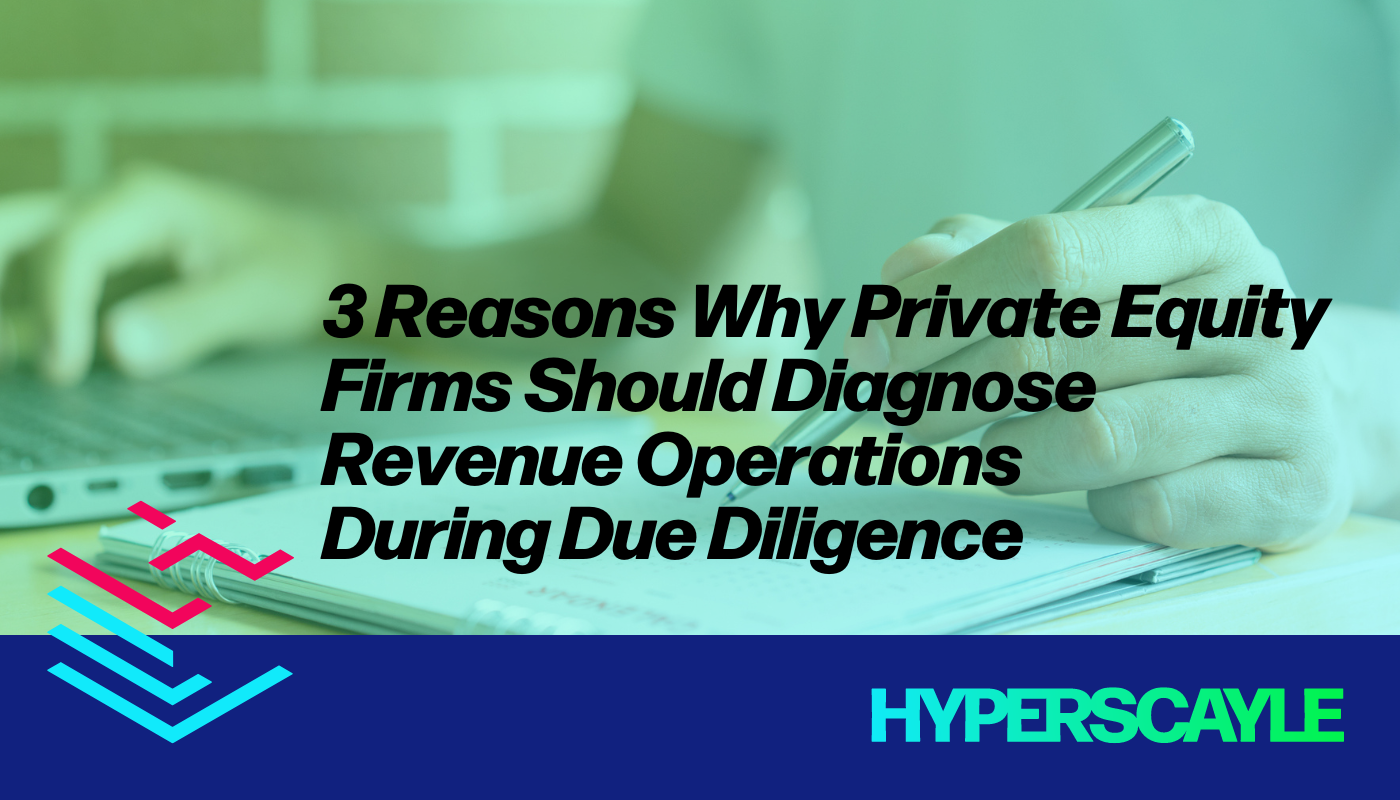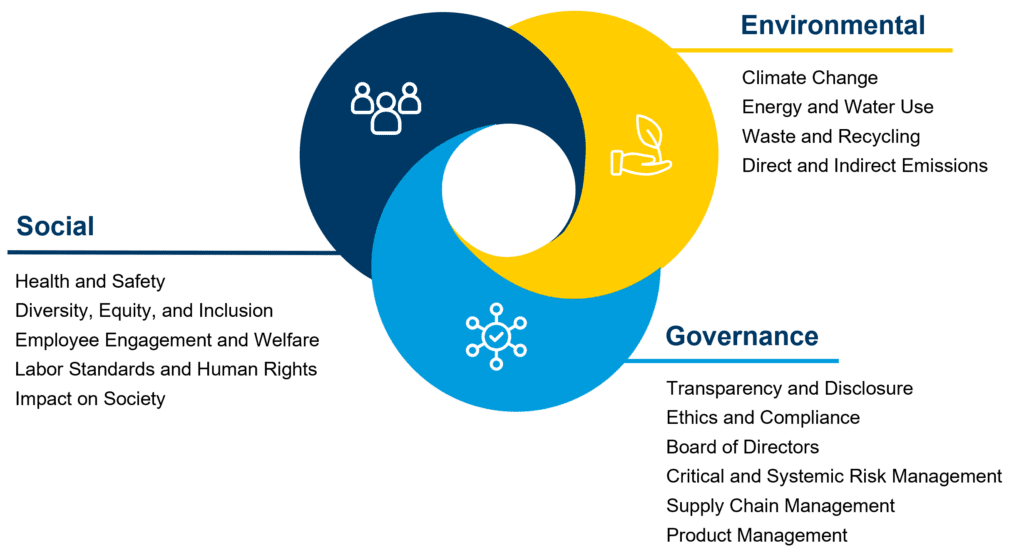Private equity due diligence is a crucial process that involves an in-depth evaluation of a target company before making an investment decision. This process helps investors identify potential risks and opportunities, ensuring they make informed decisions. Due diligence is not just a procedural step but a strategic tool that can significantly impact the success of private equity investments.
In today's competitive financial landscape, understanding private equity due diligence is essential for both investors and business owners. It involves a comprehensive review of financial, legal, operational, and strategic aspects of a company. By conducting thorough due diligence, private equity firms can mitigate risks and maximize returns on their investments.
This article will delve into the nuances of private equity due diligence, providing insights into its importance, key components, and best practices. Whether you're a seasoned investor or just starting in the world of private equity, this guide will equip you with the knowledge needed to navigate the complexities of due diligence effectively.
Read also:Zoie Laurel May Herpin Unveiling The Life And Achievements Of A Rising Star
Table of Contents
- Introduction to Private Equity Due Diligence
- Why Private Equity Due Diligence Matters
- Types of Due Diligence in Private Equity
- The Due Diligence Process
- Financial Due Diligence
- Legal Due Diligence
- Operational Due Diligence
- Strategic Due Diligence
- Identifying and Mitigating Risks
- Best Practices for Private Equity Due Diligence
- Conclusion
Introduction to Private Equity Due Diligence
Private equity due diligence is a multifaceted process that plays a pivotal role in the investment decision-making process. It involves a detailed examination of a company's financial health, legal standing, operational efficiency, and strategic alignment with the investor's goals. This process ensures that investors have a clear understanding of the target company's strengths and weaknesses before committing capital.
Due diligence is not a one-size-fits-all approach. The scope and depth of the process can vary depending on the nature of the investment, the industry, and the specific objectives of the private equity firm. However, the ultimate goal remains the same: to minimize risks and enhance the likelihood of a successful investment.
Why Private Equity Due Diligence Matters
Private equity due diligence is critical for several reasons. First, it helps investors identify potential red flags that could jeopardize the investment. By uncovering hidden liabilities or operational inefficiencies, investors can make more informed decisions. Second, due diligence provides valuable insights into the target company's market position, competitive landscape, and growth potential.
Moreover, the due diligence process fosters transparency and trust between the private equity firm and the target company. It ensures that both parties have a clear understanding of the terms and conditions of the investment, reducing the likelihood of disputes in the future.
Types of Due Diligence in Private Equity
Private equity due diligence can be categorized into several types, each focusing on a specific aspect of the target company:
Financial Due Diligence
- Evaluates the financial health of the company
- Assesses historical financial performance
- Identifies potential financial risks
Legal Due Diligence
- Reviews legal documents and contracts
- Examines compliance with regulations
- Identifies potential legal liabilities
Operational Due Diligence
- Assesses operational efficiency
- Evaluates supply chain and logistics
- Identifies opportunities for improvement
Strategic Due Diligence
- Analyzes market trends and opportunities
- Evaluates competitive positioning
- Assesses alignment with investor's strategic goals
The Due Diligence Process
The due diligence process typically involves several stages, starting with data collection and ending with a comprehensive report. The process begins with gathering relevant information from the target company, including financial statements, legal documents, and operational data. This information is then analyzed by a team of experts, including accountants, lawyers, and industry specialists.
Read also:Aileen Ainuse The Rising Star In The Gaming Industry
Once the analysis is complete, the findings are compiled into a detailed report that highlights key insights and recommendations. This report serves as a critical tool for decision-making, providing investors with the information they need to evaluate the investment opportunity thoroughly.
Financial Due Diligence
Financial due diligence is one of the most critical components of the private equity due diligence process. It involves a thorough review of the target company's financial statements, including income statements, balance sheets, and cash flow statements. The goal is to assess the company's financial health, identify trends, and uncover potential risks.
According to a report by PwC, financial due diligence can help investors identify issues such as accounting irregularities, hidden liabilities, and unrealistic financial projections. By conducting a comprehensive financial analysis, investors can make more informed decisions and negotiate better terms.
Legal Due Diligence
Legal due diligence focuses on reviewing the target company's legal documents and contracts. This includes examining agreements with customers, suppliers, and employees, as well as assessing compliance with applicable laws and regulations. The goal is to identify potential legal risks and liabilities that could impact the investment.
A study by McKinsey highlights the importance of legal due diligence in mitigating risks associated with regulatory non-compliance and contractual disputes. By addressing these issues early in the process, investors can avoid costly legal battles and protect their investment.
Operational Due Diligence
Operational due diligence evaluates the target company's operational efficiency and effectiveness. This includes assessing production processes, supply chain management, and quality control measures. The goal is to identify areas for improvement and ensure that the company can operate efficiently post-investment.
Data from a survey conducted by Bain & Company suggests that operational due diligence can lead to significant cost savings and revenue enhancements. By optimizing operations, private equity firms can create value and drive growth in their portfolio companies.
Strategic Due Diligence
Strategic due diligence focuses on evaluating the target company's market position and growth potential. This involves analyzing industry trends, competitive dynamics, and customer preferences. The goal is to assess whether the company aligns with the investor's strategic objectives and has the potential to deliver long-term value.
Research by Harvard Business Review emphasizes the importance of strategic alignment in private equity investments. By ensuring that the target company's strategy aligns with the investor's goals, private equity firms can enhance their chances of success.
Identifying and Mitigating Risks
Risk identification and mitigation are integral parts of the private equity due diligence process. Investors must be vigilant in identifying potential risks and developing strategies to mitigate them. This includes financial risks, legal risks, operational risks, and strategic risks.
According to a report by Deloitte, effective risk management can significantly improve investment outcomes. By proactively addressing risks, private equity firms can protect their investments and maximize returns.
Best Practices for Private Equity Due Diligence
To ensure a successful due diligence process, private equity firms should follow best practices, including:
- Hiring experienced professionals to conduct the analysis
- Utilizing advanced analytics and technology to enhance accuracy
- Engaging in open and transparent communication with the target company
- Developing a comprehensive due diligence checklist
- Conducting regular reviews and updates throughout the process
Conclusion
Private equity due diligence is a critical process that plays a vital role in the investment decision-making process. By conducting thorough due diligence, investors can identify potential risks and opportunities, ensuring they make informed decisions. This article has provided a comprehensive overview of private equity due diligence, covering its importance, key components, and best practices.
We encourage readers to apply the insights gained from this article to their own investment strategies. For those interested in learning more, we invite you to explore additional resources on our website. Don't forget to leave a comment or share this article with others who may find it valuable.


